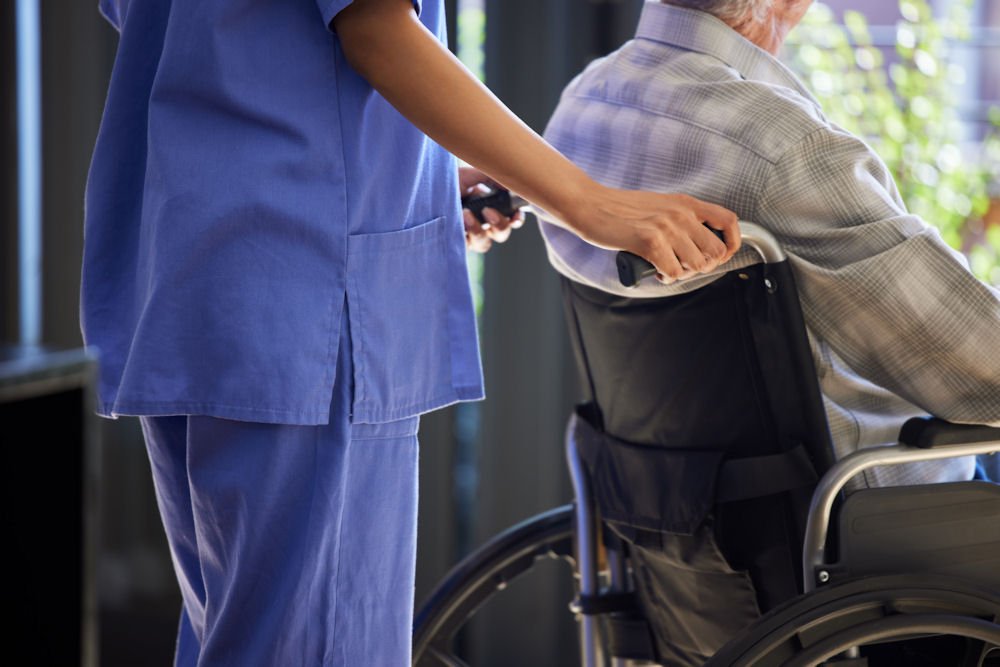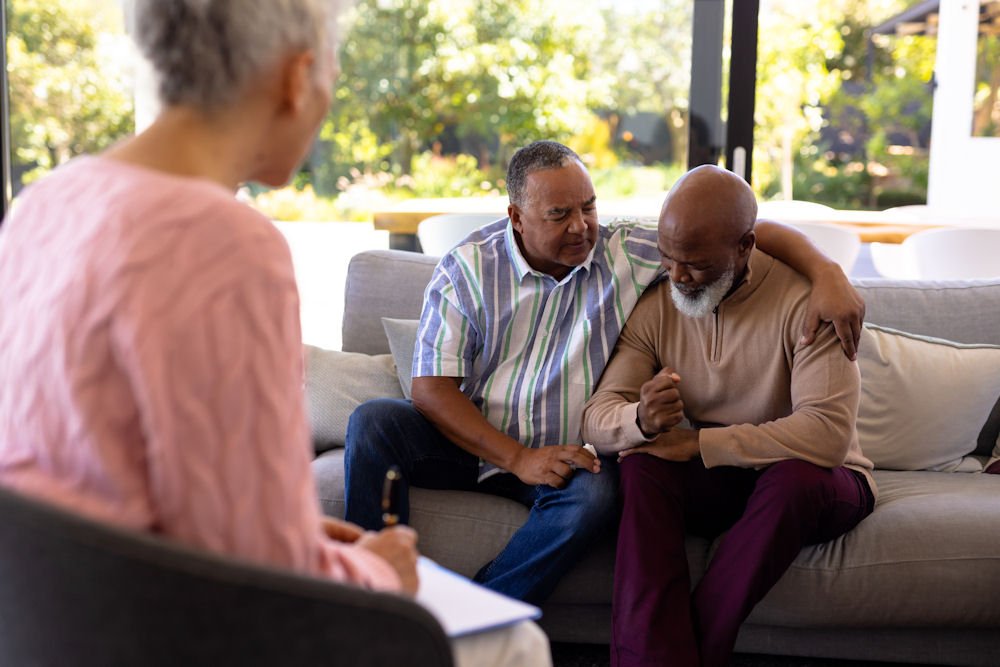
In the journey of recovery, the role of support systems is undeniably crucial. However, there’s a fine line between caregiving and codependent caretaking—a line that, when crossed, can hinder rather than help the healing process.
Codependent caretakers often emerge from a place of deep empathy and a desire to help, but their involvement can become detrimental. They may inadvertently take on too much responsibility for the person in recovery, leading to a dynamic where the person doesn’t learn to take charge of their healing journey. This can create an unhealthy dependency, where the person in recovery feels incapable of managing without their caretaker, stalling their progress towards independence and self-reliance.
On the other hand, caregivers offer support that empowers the person in recovery. They assist while also encouraging autonomy, fostering a sense of self-efficacy that is vital for long-term recovery. Caregivers understand the importance of setting boundaries and practicing self-care, ensuring that their support is sustainable and healthy for both parties involved.
At Golden Gate Recovery, we recognize the delicate balance required in supporting someone through recovery. Our approach is rooted in empowering people to take control of their journey. We provide the tools and resources necessary for individuals to build resilience and self-sufficiency, ensuring that our support is a stepping stone to their independence, not a crutch they depend upon.
In the realm of support for those in recovery, the terms “caretaking” and “caregiving” often come up. While they might seem similar, understanding their differences is crucial for fostering a healthy recovery environment.
Caretaking involves taking responsibility for someone else's needs, sometimes to the point where the person becomes reliant on the caretaker for their basic needs and decisions. This dynamic can lead to a stifling environment where the person’s growth and autonomy are limited. People who engage in caretaking might feel an overwhelming need to fix problems for others, sometimes going so far as to neglect their health and happiness. This behavior can create a dependency that hinders the recovery process. Statistics show that about 26% of caretakers report significant physical and emotional stress, highlighting the toll caretaking can take on one’s well-being.
Caregiving, on the other hand, is about offering support while encouraging independence without overstepping boundaries. A caregiver provides assistance and emotional support without taking over the person's responsibilities. This balanced approach helps people in recovery build resilience and self-sufficiency. The primary recipients of care include older adults (41%), special-needs children (29%), parents (41%), and spouses or partners (18%).
The key difference between caretaking and caregiving lies in the balance of support and independence. Caretaking can often become overbearing and foster dependency, while caregiving respects the person’s autonomy and encourages self-reliance. Caregivers understand the importance of empowering the person to manage their own life, even when they’re there to assist.
Understanding whether you are a caregiver or a caretaker is essential for fostering a healthy environment for someone in recovery. While the terms might seem interchangeable, they reflect very different approaches to support. Let’s explore the signs that distinguish caretaking from caregiving.

Caretaking often involves taking on responsibilities that the person in recovery should handle. Here are some signs you might be a codependent caretaker:
These behaviors can create a dependency that hinders the person’s ability to grow and become self-sufficient.
Caregiving, on the other hand, supports and empowers the person in recovery while maintaining healthy boundaries. Here are signs of effective caregiving:
Shifting from caretaking to caregiving not only benefits the person in recovery but also enhances your well-being. Understanding these signs can help you adjust your approach to better support the recovery process.
Codependency can blur the lines of healthy support. Caretakers, often driven by an unconscious desire to be needed, may end up fostering a relationship where the person in recovery feels unable to function without their constant assistance. This can lead to a cycle where the caretaker is over-involved, and the person becomes overly reliant, impeding their journey towards self-sufficiency.
The pitfalls of codependent caretaking are numerous. It can create a dynamic of dependency that hinders the person’s ability to manage their own life and recovery. The caretaker, often feeling a sense of duty, may sacrifice their own needs, leading to burnout and resentment. This cycle is not only detrimental to the person’s growth but also to the caretaker’s well-being, as they may neglect their health and boundaries in the process.
Here’s how codependency can negatively affect people in recovery:
While caretaking might seem helpful, it’s essential to recognize the signs of codependency and adjust the support provided to ensure it’s empowering, not enabling. This approach not only benefits the person in recovery but also fosters a healthier and more sustainable relationship for the caregiver.
Becoming a better caregiver involves developing practices that support both the person in recovery and your well-being. Here are some tips to help you provide the most effective care:

At Golden Gate Recovery, we understand the pivotal role caregivers and caretakers play in supporting those on the journey to recovery. That’s why we provide comprehensive resources and programs to empower caregivers to offer quality and effective care. Through education, support groups, and personalized guidance, we help caregivers develop healthy boundaries, encourage independence, and navigate the complexities of supporting someone in recovery.
Our compassionate team is here to support caregivers every step of the way, ensuring that both the caregiver and the person in recovery receive the assistance they need. If you’re a caregiver or caretaker looking to enhance your caregiving skills and provide the best support possible, reach out to us today. Together, we can create a supportive environment that fosters healing and growth.
Get confidential help! Call Us Now for: